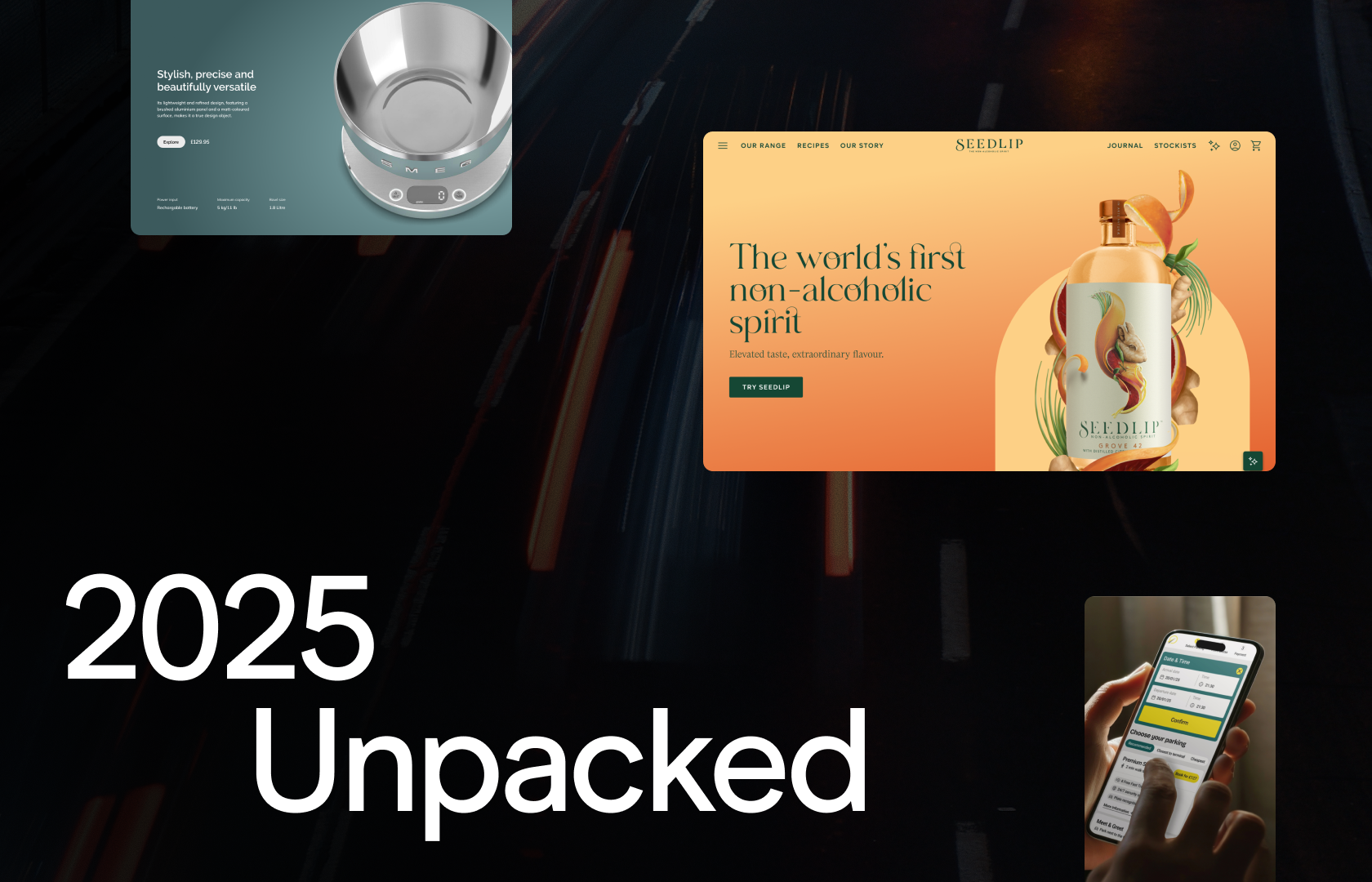Insight: The battleground for fan ownership - the OTT pivot
We recently gathered with senior sport leaders from across the sector including golf, rugby and football, to debate the battleground for fan ownership. We explored why the Super League revolt is a sign of things to come as well as the critical challenge for sports organisations to better monetise their products and services.
The Covid-19 pandemic has accelerated the shift in the way sport is both distributed and consumed, with sports brands moving towards OTT for better fan engagement. The restriction of fans attending live events has forced sports organisations to pivot towards digital, direct-to-consumer experiences.
The competition for fan ownership has never been stronger, with dozens of channels battling to grab the fans' attention during broadcast events. Rather than attempting to replicate the live experience, at UNRVLD we focus on creating fresh, authentic digital products and services that bring the spectacle to life for remote fans, with something different, not more of the same. We use our key services of Experience, Technology and Performance to build optimised digital platforms that offer fans the right experience at the right time, then convert their engagement into action to meet our clients' commercial ambitions.
Growing reach
Gaining new audiences and expanding the reach of their products is key for all sports brands. We discussed ways to achieve this, for example, by:
1: Building new fan onboarding into the overall digital experience
2: Producing rapidly published, bite-sized content
3: Developing a content strategy supported by custom-made publishing tools
4: Maximising reach outside of the live event using behind the scenes and build-up coverage
5: Using owned assets and access to the players to maximise engagement
Successful sports brands are laying greater emphasis on growing and retaining members through smart strategies that take advantage of their owned content. Southampton FC, for example, has one of the most renowned academies in the UK. With membership growth on their agenda, we’ve designed exclusive insider content streams for the club that leverage the academy’s work and heritage with great players like Theo Walcott and Gareth Bale, generating a significant increase in engagement and conversion of new members.
Personalisation and loyalty
We discussed how NBA offers enhanced personalisation and loyalty through their ‘NBA League Pass’. Fans can purchase the fourth quarter of games for a discounted price, tailoring the purchasing journey towards users who skip the beginning of games or have a vested gambling interest in the result. Digital streaming introduces a change in format for the sports viewing experience, which has long tethered the viewer to traditional and outdated broadcasting schedules.
Similarly, Amazon Prime Video introduced the controversial option of a pay-per-view model for Premier League games last year, aiming to target a specific audience who strictly wished to stream games that they are interested in. Sports organisations can do the same. By offering a flexible, tailored experience to their consumers, they too can compete with live match day broadcasts.
Fan influence and real-time interaction
We also shared how racing brand Formula E has introduced FANBOOST, an online voting poll which determines five drivers who will receive an extra boost of power to use during the race, placing unprecedented influence in the hands of fans at home. Whilst the nature of Formula E allows a level of fan engagement that most other sports simply can’t, it is just one of the many examples of the gap closing between the digital and in-person experience.
Growing shift towards B2C platforms
Despite a number of digital innovations in the industry, currently the lion share of sports’ revenue is still made through rights' deals. Plenty of organisations are hesitant to invest to maximise the potential of enhanced fan engagement, however, the Super League frenzy is a clear indication of a growing shift towards B2C content platforms. Positioning your brand ahead of this move will ensure you lead the future field and drive significant returns in the long-term.

